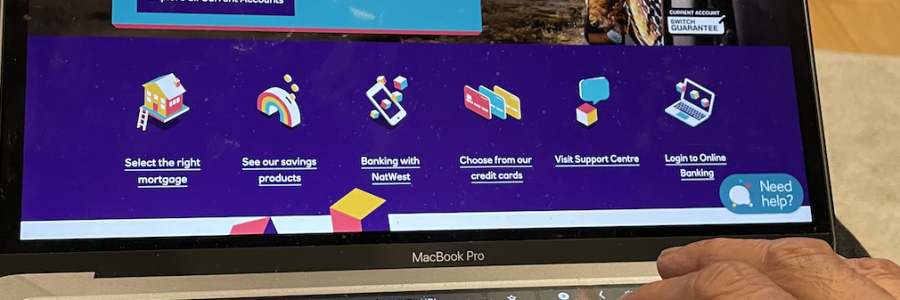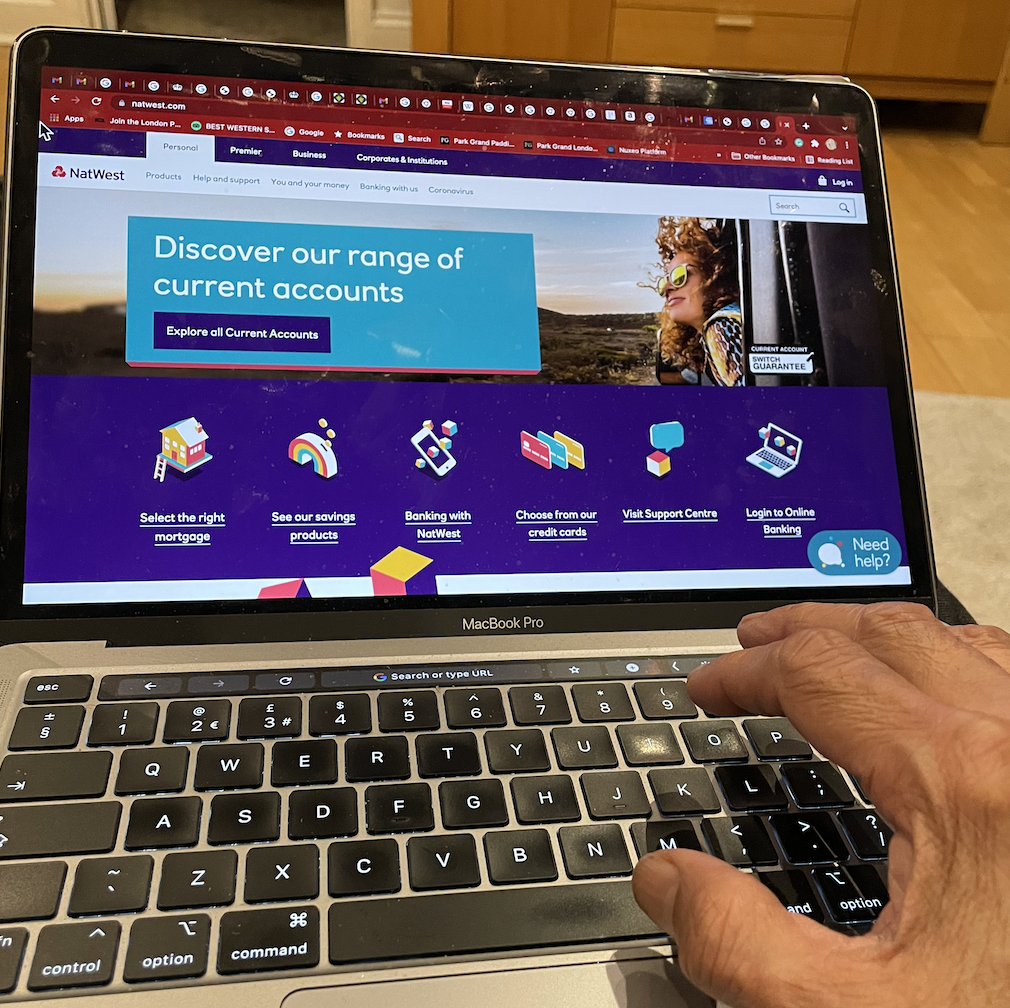
Banks have a duty of care for the elderly’s online issues

Many old and elderly although they are mentally alert but suffer agonies coping with vagaries of online banking are ill-served online by British banks. Some instructions are ambiguous or contain the usual jargon, and carrying out a simple task often requires multiple attempts, and gets more frustrated. To ask for help on the telephone could take hours of waiting on the telephone to get connected only to find you are disconnected.
Computers can often crash while on online banking and there is an upper limit to the sum of money one can transfer. Many old are often clumsy at touching the right key on their mobile phone.
High Street banks under the excuse of coronavirus staff shortage often ignore the elderly customers, and they have a duty of care towards their longstanding customers and should consider the needs of an aging population which are on the increase.
Many bank branches have disappeared from the high streets pushing customers to use either online banking or cash machine.
This also increases elderly personal exposure to cybercrime.
The Office for National Statistics (ONS) reported in 2018 that only 47 per cent of 65-74-olds uses internet banking compared to 93 per cent of 25-34-year-olds. Most mobile banking apps don’t store your bank details directly on your phone instead access them from a secure data center, and this means your mobile itself will never hold your personal bank information. Banks can also issue refunds if your phone account is compromised.
